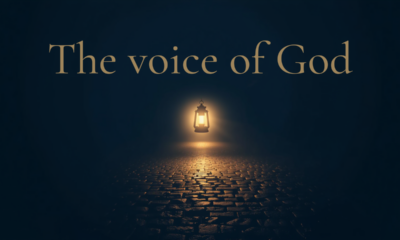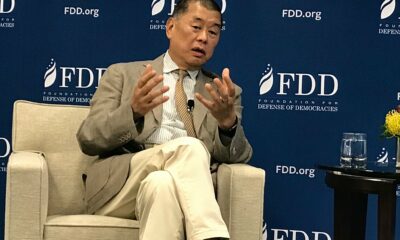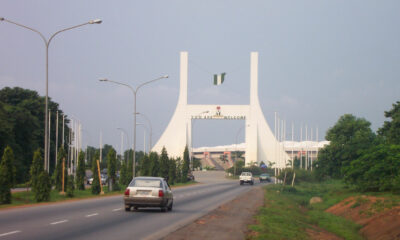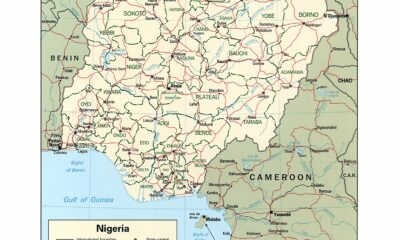Executive
Don’t Forget the Victims of Persecution in Nigeria
Nigeria, like many Muslim countries, is a hotbed of persecution against Christians and other non-Muslims. A lawyer cites examples.
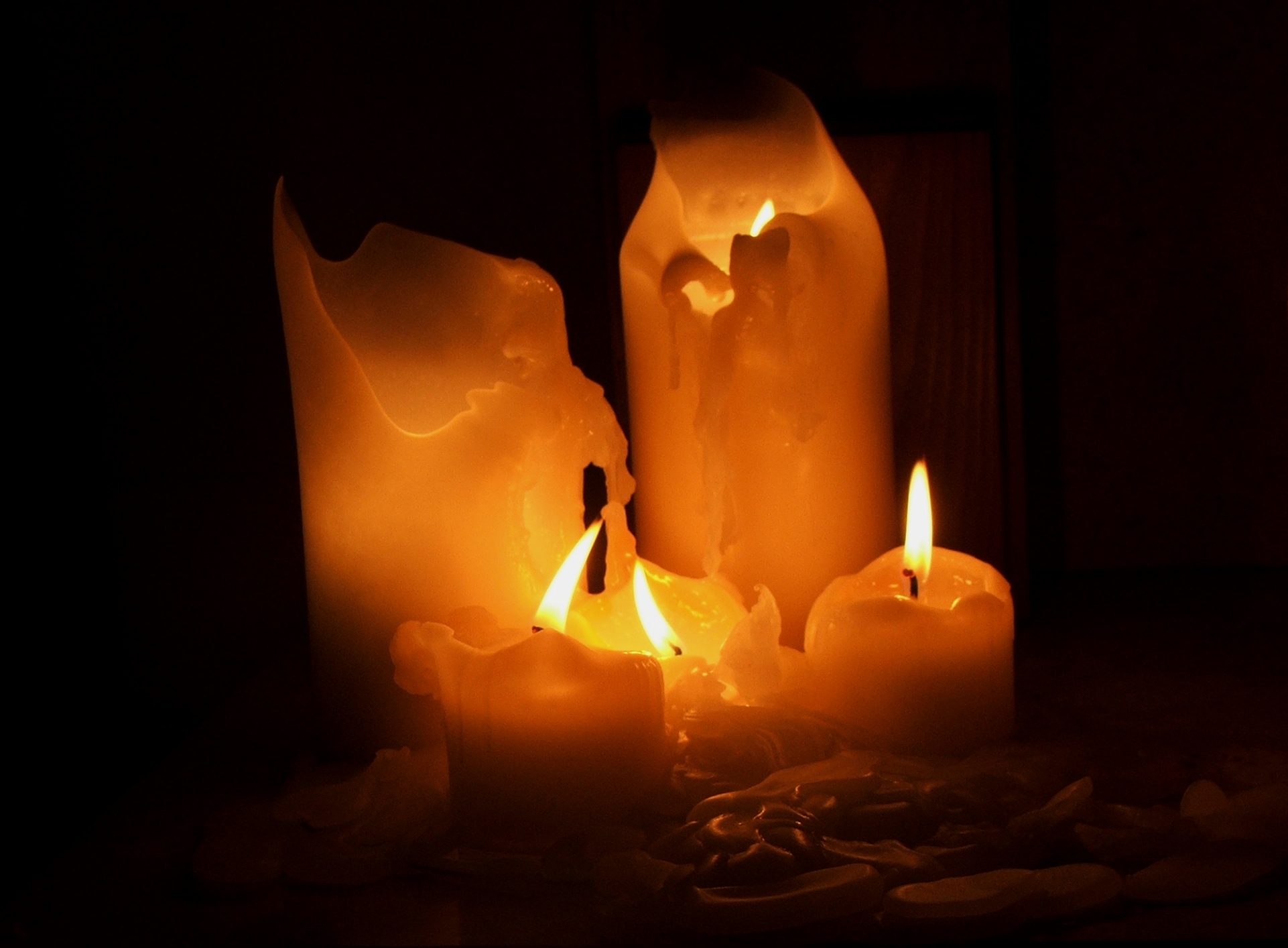
Four years ago this month, a young Nigerian Sufi musician named Yahaya Sharif-Aminu was convicted and sentenced to death by hanging. His trial had taken just a few months, and he had no lawyer to defend him. A mob burnt down his home when he was arrested. No one in the mob was arrested.
What constitutes blasphemy in Nigeria?
His alleged crime was sending music lyrics over a social media chat group that others thought were “blasphemous” towards the Prophet Muhammad.
I am thinking of Yahaya because today, August 22, is the UN’s International Day Commemorating the Victims of Acts of Violence Based on Religion or Belief. Nigeria is one of the many countries where the victims of violent religious persecution are in danger of being forgotten.
Yahaya was the victim of a violent mob that could not peacefully tolerate religious expression different from its own. Yahaya was then victimized by a legal system that would appease the mob, forcefully shut him in prison away from family and friends, and threaten him with death for his religious expression.
While Yahaya’s conviction was eventually overturned, he was ordered to a retrial to face the same death penalty blasphemy law. He has now spent four and a half years in prison alone, waiting for the Supreme Court of Nigeria to hear his case.
I recently traveled to Nigeria and was able to meet with Yahaya in prison. He told me that the most difficult part of his imprisonment was that he had not been able to see his parents since his arrest in March 2020. I could only tell him that many people around the world were praying for his release.
Yahaya Sharif-Aminu was not the only victim of violent persecution I met in Nigeria.
Other victims of persecution
I met the leaders of a small Christian church in a town in northern Nigeria, a region that is overwhelmingly Muslim. The church leaders had helped a young woman who converted from Islam to Christianity flee to a safe location after her family and friends threatened to kill her. For that, the church leaders were themselves kidnapped and tortured for two weeks by unnamed men. They told me their abductors would shackle them to the ground and walk over their backs for hours on end.
The torture wasn’t enough. They were handed over to the police, and while one of the church leaders was released after the intervention of local lawyers, the other was charged with kidnapping and convicted in a three-day sham trial. He is now out on bail pending appeal.
I also visited with five villages that were attacked by militants over Christmas in 2023. Roughly 200 Christians were killed in just a few nights. In one village, the pastor was taken from his home at 8:00 p.m. on Christmas Eve, led behind his church to a rocky outcropping, and beheaded. His home and vehicle were then set on fire. Other villagers showed me the mass graves from the attacks, as well as the destroyed homes, churches, and farmlands.
One-sided justice
They said no one from the West had set foot in the villages in the months since the attack. But they were firmly resolved to rebuild their villages and lives. Besides, they had nowhere else to go, as the IDP (Internally Displaced Persons) camps were under-resourced and dangerous.
As in Yahaya’s case, none of the attackers in these incidents have been brought to justice.
These are not isolated incidents, either. I hear similar stories every week, and the data bears this out. The bipartisan U.S. Commission on International Religious Freedom cited one study finding that over 8,000 Christians were targeted and killed for their faith in Nigeria in 2023, with over 7,000 of those occurring in northern Nigeria. Amnesty International Nigeria reported that in the months following the Christmas 2023 massacres, over 1,300 people were killed just in that one small area.
There has been occasional international outcry over the worst of these incidents. UN experts recently called for Yahaya Sharif-Aminu’s immediate release, and Congress has held hearings focused on the widespread violations of human rights, including religious freedom, in Nigeria. But the outcry is rarely sustained.
Our State Department’s muted approach to Nigeria
The State Department likewise has directed its focus on Nigeria to the most egregious incidents, and has commendably spoken out on Yahaya’s case, but since removing Nigeria from the U.S. religious freedom watchlist back in 2021 without explanation, its general approach has been muted. It is difficult to imagine a change in direction for religious freedom conditions in Nigeria when the U.S., the world’s leader on international religious freedom, holds its tongue.
On this day of remembrance for the victims of violent religious persecution, the U.S. should change its course. The U.S. should place Nigeria back on its religious freedom watchlist and offer clear recommendations to stop the impunity for attackers and support victims. Some of the worst persecution in the world is happening right now in Nigeria. If we cannot speak strongly and act accordingly in defense of the victims of persecution in Nigeria, then our words – and commemorations – are in vain.
This article was originally published by RealClearPolitics and made available via RealClearWire.
Sean Nelson is an international human rights lawyer serving as legal counsel for Global Religious Freedom at ADF International. ADF International is supporting the case of Yahaya Sharif-Aminu.
-

 Civilization3 days ago
Civilization3 days agoWhy Europe Shouldn’t Be Upset at Trump’s Venezuelan Actions
-

 Accountability5 days ago
Accountability5 days agoWaste of the Day: Principal Bought Lobster with School Funds
-

 Executive4 days ago
Executive4 days agoHow Relaxed COVID-Era Rules Fueled Minnesota’s Biggest Scam
-

 Constitution5 days ago
Constitution5 days agoTrump, Canada, and the Constitutional Problem Beneath the Bridge
-

 Christianity Today3 days ago
Christianity Today3 days agoSurprising Revival: Gen Z Men & Highly Educated Lead Return to Religion
-

 Civilization4 days ago
Civilization4 days agoThe End of Purple States and Competitive Districts
-

 Executive3 days ago
Executive3 days agoWaste of the Day: Can You Hear Me Now?
-

 Executive4 days ago
Executive4 days agoWaste of the Day: States Spent Welfare in “Crazy Ways”





